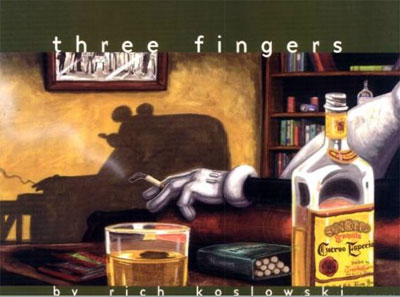Posted by Scribbles on November 4, 2007 – 23:22
Part One: Breaking out
Continue reading Triple vision; three ways to tell the same story
In any type of writing, there are three possible points of view: 1st, 2nd, and 3rd, or me, you, and other. There are three periods of the English language’s history: Old, Middle, and Modern. And dramas traditionally have three parts: prot asis, epitasis, and catastrophe.
Posted by Scribbles on November 4, 2007 – 23:22
Part One: Breaking out
Continue reading Triple vision; three ways to tell the same story

In the village in the village in the village
life repeats itself, life repeats itself.
There is sunlight; there is darkness. The dark
repeats itself, the light repeats itself;
planting repeats itself, harvest repeats
itself. Yet life is never dull. It pats
the drum-hide of the night and is satisfied.
It listens for footfalls when the dogs bark
in the village in the village in the village
In the village in the village in the village
life repeats itself, life undoes itself
and then does itself up in the same guise.
We are careful not to fail to repeat
the same salutations, the same farewells
our parents and our parents' parents use.
They are wise; we are small and the day long.
Death comes but once but when it comes to life
no one would be unwilling to repeat
in the village in the village in the village
Andrew Oerke